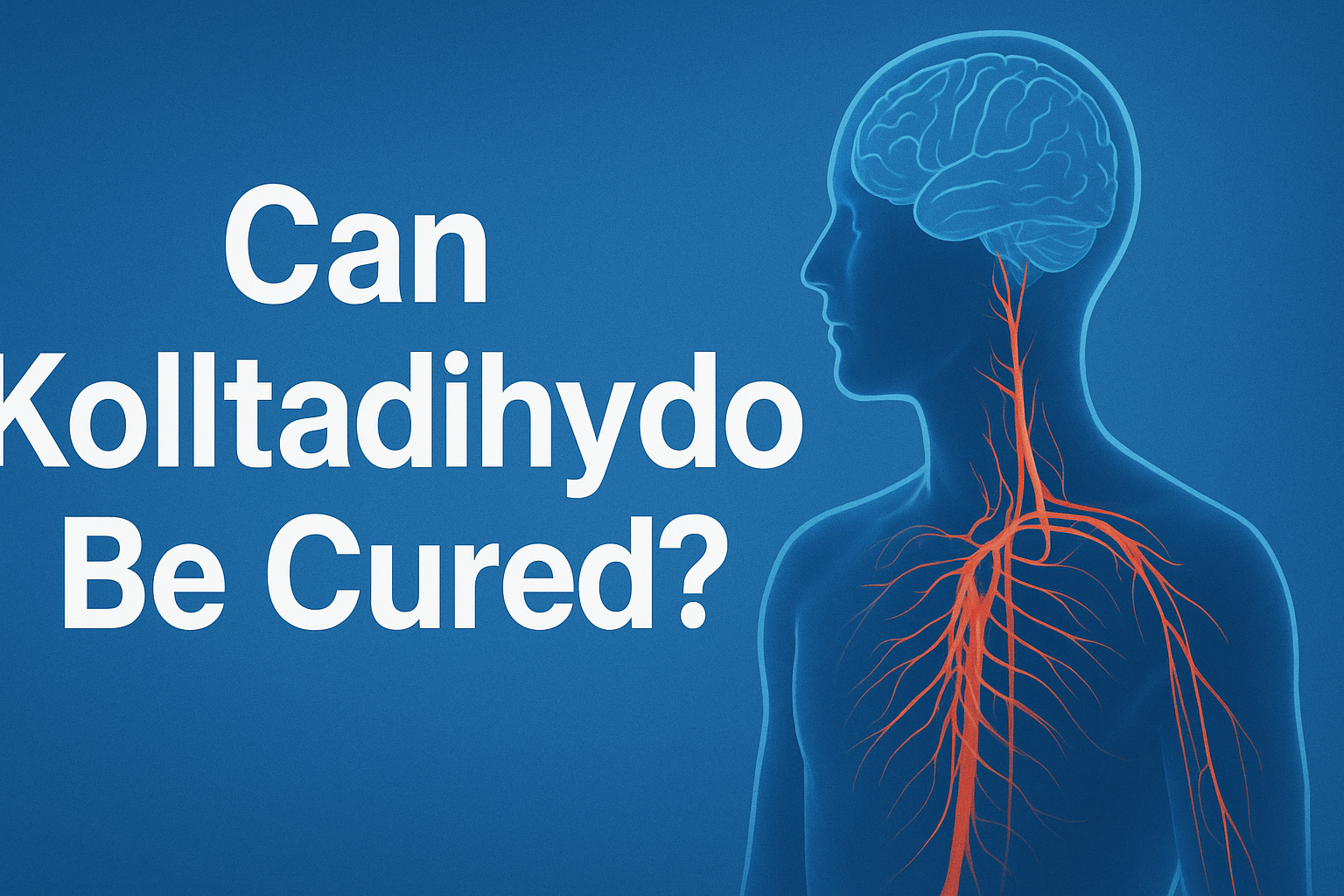Introduction
The term “Kolltadihydo” has recently emerged in online health discussions, prompting many to question its legitimacy and potential for a cure. Despite its prevalence in search queries, “Kolltadihydo” is not recognized in established medical literature or by reputable health organizations. This article aims to clarify the nature of Kolltadihydo, explore its possible origins, and discuss approaches to managing the symptoms associated with it.
What Is Kolltadihydo?
Kolltadihydo does not correspond to any known medical condition. The term appears to be a fabrication, possibly stemming from misinterpretations or deliberate misinformation. Individuals searching for “Kolltadihydo” often report symptoms such as chronic fatigue, muscle discomfort, and digestive issues. These symptoms are commonly associated with recognized conditions like thyroid disorders, autoimmune diseases, or chronic fatigue syndrome.
Possible Origins of the Term
The emergence of terms like Kolltadihydo can often be traced back to online forums, unverified health blogs, or social media platforms. Such platforms may propagate misinformation, leading individuals to self-diagnose based on symptoms that overlap with various medical conditions. The lack of professional medical oversight on these platforms contributes to the spread of such terms.
Recognized Medical Conditions with Overlapping Symptoms
Several established medical conditions share symptoms with those attributed to Kolltadihydo:
-
Thyroid Disorders: Conditions like hypothyroidism can lead to fatigue, weight changes, and muscle weakness.
-
Autoimmune Diseases: Diseases such as lupus or rheumatoid arthritis can cause systemic symptoms affecting multiple body systems.
-
Chronic Fatigue Syndrome: Characterized by persistent, unexplained fatigue that doesn’t improve with rest.
Proper diagnosis by a healthcare professional is essential to differentiate between these conditions and ensure appropriate treatment.
Approaches to Managing Symptoms
While “Kolltadihydo” itself is not a recognized condition, managing the symptoms attributed to it involves:
-
Medical Consultation: Seeking evaluation from a healthcare provider to identify underlying causes.
-
Diagnostic Testing: Undergoing tests to assess thyroid function, autoimmune markers, and other relevant parameters.
-
Symptom Management: Implementing strategies such as physical therapy, dietary adjustments, and stress management techniques.
-
Mental Health Support: Addressing psychological well-being through counseling or support groups.
A multidisciplinary approach ensures comprehensive care and improves quality of life.
The Importance of Accurate Information
Relying on unverified information can lead to unnecessary anxiety and potentially harmful self-treatment. It’s crucial to consult reputable sources and healthcare professionals when seeking information about health conditions. Educational campaigns and awareness programs can help individuals recognize credible information and make informed health decisions.
Read More: Boost Business with EmbedTree Social Media
Conclusion
In summary, “Kolltadihydo” is not a recognized medical condition but rather a term that has gained traction through misinformation. Individuals experiencing symptoms commonly attributed to this term should seek professional medical advice for accurate diagnosis and appropriate treatment. By prioritizing evidence-based information and professional guidance, individuals can effectively manage their health concerns and avoid the pitfalls of unverified online content.
Frequently Asked Questions
1. What is Kolltadihydo?
Kolltadihydo is not a recognized medical condition. The term appears to be a fabrication, possibly stemming from misinterpretations or deliberate misinformation.
2. Can Kolltadihydo be cured?
Since Kolltadihydo is not a legitimate medical condition, there is no established cure. However, symptoms attributed to it can often be managed through proper medical care.
3. What are the symptoms associated with Kolltadihydo?
Individuals searching for Kolltadihydo often report symptoms such as chronic fatigue, muscle discomfort, and digestive issues. These symptoms overlap with those of recognized medical conditions.
4. How can I manage symptoms similar to those attributed to Kolltadihydo?
Managing such symptoms involves consulting a healthcare provider for accurate diagnosis, undergoing necessary tests, and implementing appropriate treatment strategies.
5. Why is it important to seek professional medical advice?
Professional medical advice ensures accurate diagnosis and effective treatment, preventing potential complications associated with self-diagnosis and unverified information.










